A Maryknoll Liturgical Year: Reflections on the Readings for Year C
This slim volume contains lovely, thought-provoking reflections from missioners who have spent years living with impoverished and marginalized communities around the world.
The work of the Maryknoll Office for Global Concerns on peace is focused on identifying and eliminating the root causes of violence and conflict with a focus on specific regions, expressions of violence and areas of conflict affecting Maryknoll missioners, and U.S. aggression and national security policy (e.g. war on terrorism). The nexus of violence and poverty is clear. Unless we dedicate ourselves to building true human security for all, nations – especially poor ones – will continue to fall victim to an unending cycle of economic, political and social violence.
Maryknoll Leadership Statement on Pope Francis’ Fratelli Tutti
Maryknoll Leadership Statement on U.S. elections 2012: Sustainable peace and security for all
Maryknoll Leadership Statement: A call for the abolition of torture
POLICY BRIEF: Abolish Nuclear Weapons, Invest in Peace
WEBINAR: Nonviolence and the Web of Creation
WEBINAR: Human Rights Advocacy and the Legacy of Sr. Dianna Ortiz
WEBINAR: Rethinking Security in a Pandemic: No Justice, No Peace
WEBINAR: Sanctions — Nonviolent Tool or Lethal Weapon?
WEBINAR: Abolish Nuclear Weapons, Invest in Peace
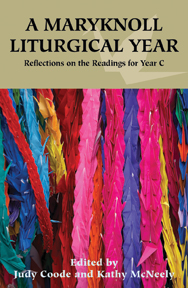
This slim volume contains lovely, thought-provoking reflections from missioners who have spent years living with impoverished and marginalized communities around the world.
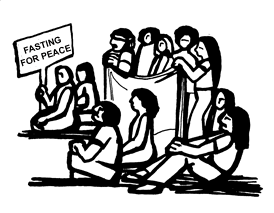
Join human rights activists in a one day fast to honor those killed by SOA/WHINSEC graduates.
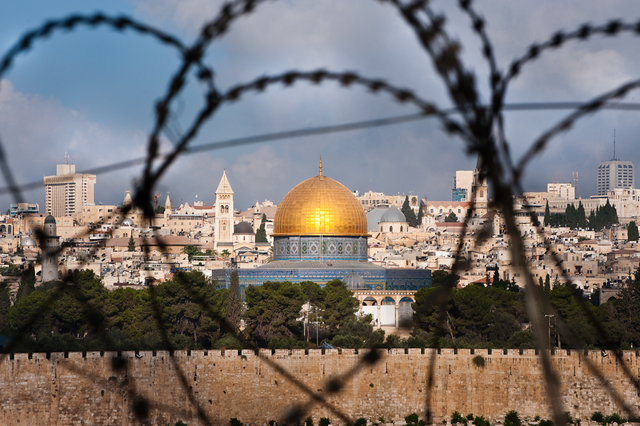
In a recent letter to Congress, the Maryknoll Office for Global Concerns (MOGC) and 14 other Christian groups urged the U.S. to investigate possible human rights and weapon violations by the government of Israel.

Sabeel DC Metro’s Fall Seminar will focus on the recent Kairos Palestine document

The following “prayer-study-action” reflection – focused on the upcoming election in the United States and published on Oct. 4, the feast of St. Francis – is from our colleagues at Pax Christi USA.

From SOA Watch: This past Saturday and Monday (September 22-24), two human rights lawyers, Antonio Trejo and Eduardo Diaz, were brutally murdered in Honduras, bringing to over 60 the number…
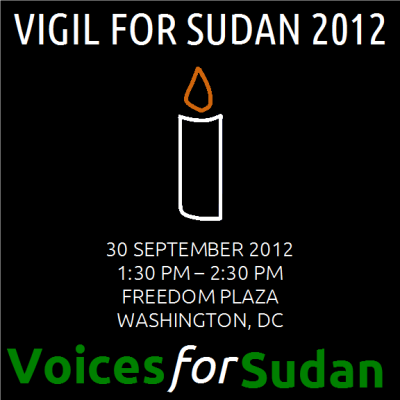
Throughout these tumultuous times in Sudan, the Sudanese people have been murdered, oppressed and silenced for too long. Having been crippled by state violence for years, we join together to commemorate the souls of those who lost their lives and fight for peace and life with dignity for those who remain suffering. We will not stop until there is peace in every region of Sudan.
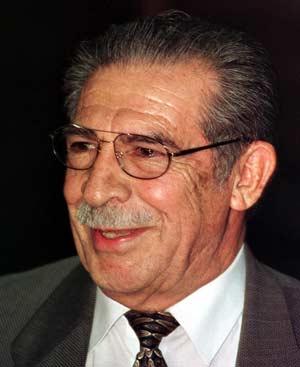
After nearly 30 years, Efrain Ríos Montt finally will face trial for genocide and crimes against humanity. Ríos Montt was Guatemala’s president for 17 months during 1982 to 1983, when at least 1,771 people were killed, 1,445 raped and nearly 30,000 displaced, the bloodiest period of the country’s brutal 36-year civil war. The following article was published in the March-April 2012 NewsNotes.

The following article, published in the July-August 2012 NewsNotes, is contributed by Marie Dennis, former director of the Maryknoll Office for Global Concerns (MOGC). Since 2007, she has served as co-president of Pax Christi International.
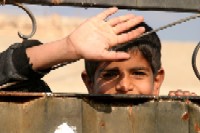
September 21 is the International Day of Peace.

Former lay missioner Phil Dah-Bredine writes this week’s reflection.

The following article was published in the September-October 2012 NewsNotes.
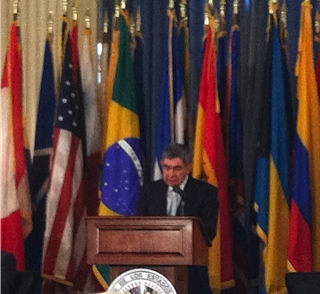
This August marked the 25th anniversary of the signing of the Esquipulas Accords that catalyzed the end to war in Central America. As they celebrate this historic event, Central American countries look to that legacy to find solutions to current issues of security, development and stability in the region. This article is from the September-October 2012 issue of NewsNotes.

This week’s Middle East Notes include materials which focus on “price tag” targeting of Christians, the viability of the two-state solution, the plight of Christians on the West Bank and the detrimental effect of the continuing occupation of Palestinian territories on the Israeli people.

Fr. Joe Towle writes this week’s reflection, and shares some memories from his time as a missioner in Latin America.

Between July 2 and 27, the world’s nation-states met at the UN headquarters in New York to negotiate an Arms Trade Treaty (ATT) to regulate the multibillion dollar international trade in conventional arms. Throughout the month most parties supported a new treaty to cover all conventional arms including ammunition, but in the final hours of negotiations, consensus was procedurally blocked by countries that asked for more time – including the U.S., Russia, North Korea, Cuba and Venezuela. The following article was published in the September-October 2012 NewsNotes.
The following article, contributed by Marie Dennis, co-president of Pax Christi International, and published in the September-October 2012 NewsNotes, is based on a longer piece written for the Center of Concern’s Education for Justice Program. For more information about how Catholic social teaching relates to the present situation please visit the Center of Concern’s Education for Justice site, www.educationforjustice.org.
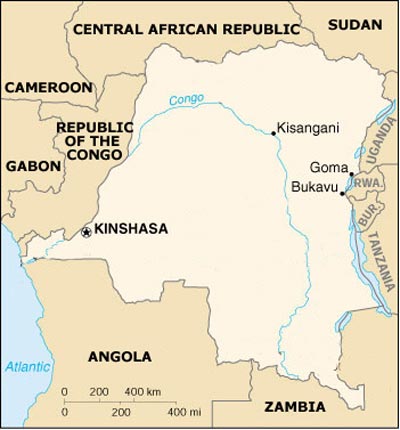
In early September, faith-based organizations issued a statement citing the “recent surge in violence in eastern Congo with the mutiny and rise of the March 23 movement, or M23,” and their alarm at UN reports revealing Rwanda’s role in supporting and perpetuating violence by orchestrating and bolstering M23 with both military and financial support. The following article was published in the September-October 2012 NewsNotes.